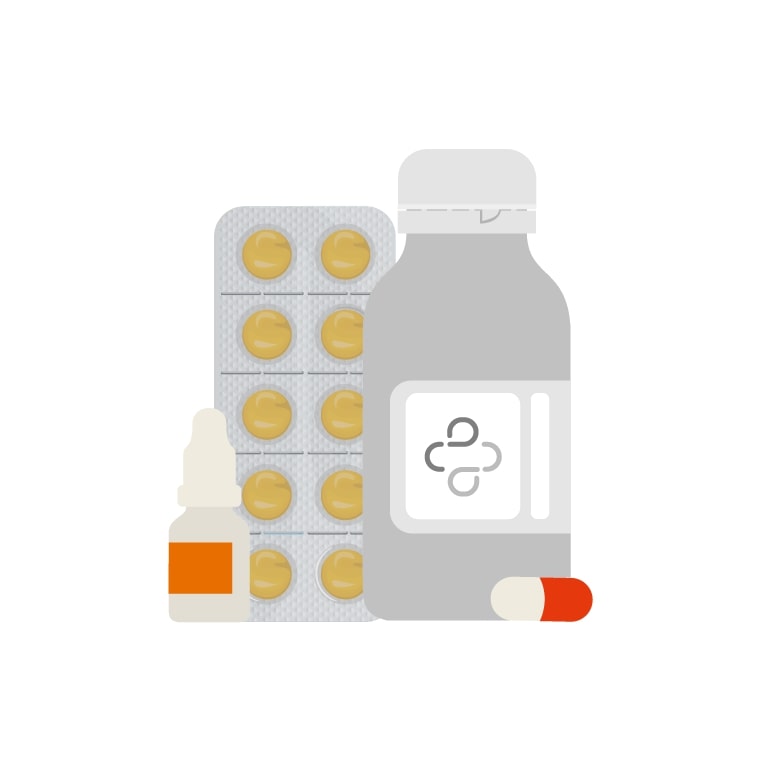Atol 25 Tablet contains atenolol, a beta-blocker medicine widely used to manage cardiovascular conditions such as high blood pressure (hypertension), angina (chest pain), and certain types of irregular heartbeat (arrhythmia). By lowering heart rate and relaxing blood vessels, Atol 25 helps the heart work more efficiently and reduces the strain on the cardiovascular system.
This medication also plays a vital role in improving outcomes after a heart attack by minimizing the heart’s workload and preventing further cardiac complications. It is commonly prescribed as part of a long-term treatment plan to reduce the risk of stroke, heart failure, or other serious cardiovascular events.
While Atol 25 is generally well tolerated, it should only be taken under the supervision of a qualified healthcare provider. The dose may be adjusted based on the individual’s response and medical condition. For best results, consistent use as prescribed is essential. Stopping the medication abruptly can lead to adverse cardiac events, so it is important to consult your doctor before making any changes.
 Uses
Uses
- Management of high blood pressure
Benefits of Atol 25 Tablet
- Effectively lowers high blood pressure, reducing the risk of stroke, heart failure, and kidney problems
- Prevents angina attacks by improving blood flow to the heart and reducing oxygen demand
- Helps in the management of arrhythmias by regulating abnormal heart rhythms
- Improves survival rates after heart attacks and helps prevent further heart damage
- Reduces the heart’s workload by slowing down heart rate and force of contraction
- Supports long-term cardiovascular protection when used as part of a heart-healthy treatment plan
- Can be used alone or in combination with other antihypertensive or anti-anginal medications
- May improve exercise tolerance in patients with angina by reducing chest discomfort during physical activity
 How Atol 25 Tablet works
How Atol 25 Tablet works
Atol 25 Tablet contains atenolol 25 mg, a selective beta-1 blocker. It works by blocking the effects of adrenaline on the heart and blood vessels, leading to the following physiological changes:
- Reduces heart rate, allowing the heart to beat more slowly and with less force
- Lowers blood pressure by reducing resistance in blood vessels
- Decreases the oxygen demand of the heart, which helps relieve angina symptoms
- Stabilizes irregular heart rhythms, especially in conditions like supraventricular tachycardia
- Protects the heart muscle from stress, particularly in patients recovering from a heart attack
 Side effects
Side effects
- Dizziness
- Nausea
- Diarrhoea
- Trouble sleeping
- Fatigue
- Cold hands and feet
- Slow heartbeat






